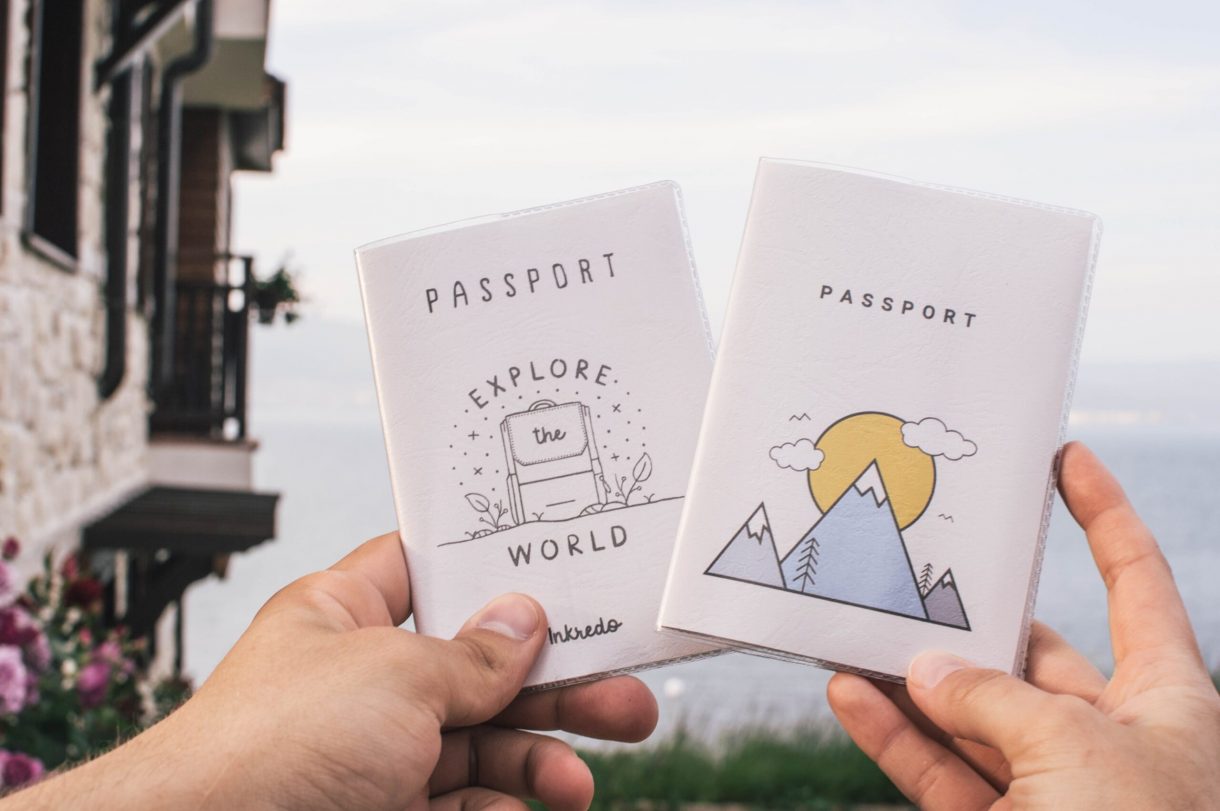
Are Travel Bloggers Forgetting Travel is a Privilege?
Travelling is something many of us take for granted. Maybe we grew up going on family holidays abroad and life without a summer full of sun, sea and sand is unimaginable. Many of us have jobs and enough ‘adult money’ to choose where to spend it. Some of us are travelling full time, others have to make compromises and save every penny. But at the end of the day, if you’ve landed here at Discoveny and you’re reading these musings, most likely you can afford this luxury habit of travel.
In the excitement, the planning, the packing, we forget that travel is a privilege.
For the vast majority, travel is inaccessible. The average household income worldwide is under £7000 ($10’000) a year. Over three billion people live on less than $2 a day. For many, no amount of mindset change, spending cuts, or budget tips will help them travel. The overwhelming majority of people on this planet can’t just quit their job(s) and hop on a plane to somewhere remote, sharing their stories on Instagram through an overused quote superimposed onto a highly edited image.
And in addition to our financial situation, the country we’re born in, the colour of our skin, and the passport we hold can have a huge influence on our freedom of movement. These things that we can’t change directly impact our ability to travel and the experiences we have when we do.
We overlook that fact too often. We overlook how lucky we are. So let’s talk about it. Let’s talk about white privilege, passport privilege, and how we can diversify travel and make it more inclusive.
Travel is a privilege...
It’s important to first acknowledge that I am extremely privileged. I’m a blonde-haired, blue-eyed fair-skinned girl from a relatively middle class family. I’m educated to university level and, as a UK student, I only have to worry about repaying my student debt when I earn over a certain threshold (which isn’t going to happen any time soon).
“White privilege doesn’t mean that your life hasn’t been hard. It means that your skin colour isn’t one of the things making it harder.”
Yes, I do work hard and I still have to budget and make compromises in order to afford my travel. But these are easy compromises; cycling instead of running a car; thrifting my clothes; bringing my own coffee to class instead of buying one on campus. This in itself is privilege. I never have to worry about how I’m going to pay my rent, or where the next meal is coming from. Although this can be somewhat attributed to my hard work and budget-savvy mindset, it’s important to understand that my upbringing, the colour of my skin, and the white supremacist views intrinsically woven through western society have given me a head start since the day I was born.
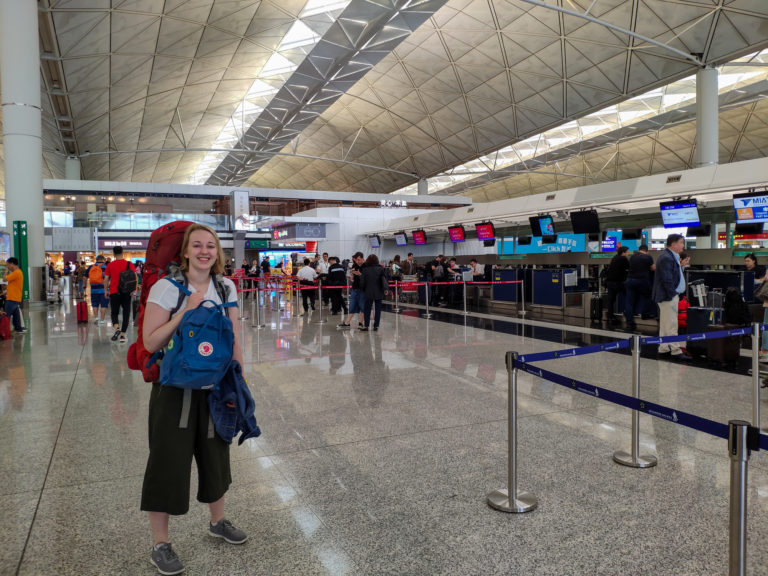
And when I hit the road, there are so many freedoms I, and other white folk, are afforded purely because of how we look. Let’s talk about those:
We don’t get racially profiled
We’re rarely, if ever, racially profiled, in airports, shops, restaurants or government offices. I’ve never been stopped at immigration, asked for my “papers” and questioned about my reasons for entering the country. No one convinces themselves that I’m an illegal immigrant or ‘here to take all the jobs’. In shops, people always assume I can pay for things based solely on the colour of my skin and my English accent. To add to that, I don’t have any trouble being seated at a restaurant either. All in all, most people I meet on my travels are polite and courteous.
We don’t experience microaggressions
Being white and abroad means we’re never subject to irritating stereotypes. No one ever comments on how well I speak English, or asks me where I’m really from, since my appearance fits the criteria for how Brits are expected to look. When I walk down the street, passerbys don’t look at me like I’m a criminal or clutch their bags to their chest in fear that I might rob them. Not familiar with microaggressions? Read up on them here.
We’re never made to feel ‘other’
Of course, all travelers face a certain degree of scrutiny no matter who they are or where they go. But there is a difference between encountering genuine curiosity and being singled out as unwelcome, suspicious, or undeserving of basic human kindness.
White people very rarely have to field curious questions about their appearance or skin colour when they travel. On the odd occasion I’m in a lesser-travelled country and I do get asked by a local if I could take some photos with them, my foreign-ness is seen as interesting and beautiful and not weird or odd. No one treats me like an animal in a zoo. And no one inappropriately tries to touch my skin or hair (which reminds me, you should totally pick up a copy of ‘Don’t Touch My Hair’ by Emma Dabiri).
We don’t feel like we can’t.
From a young age white people are taught that travel and adventure are for ‘people like us’. Travel bloggers and influencers are often white. We often have people in our lives that travel. And when we travel, we aren’t discriminated against, we can simply use our trip to enjoy ‘getting away from it all’.
On the contrary, many non-white folk don’t feel that the travel space is a space they belong. If you look at major travel campaigns and advertisements, it’s usually only white people that are featured. That causes an issue because, psychologically, it makes people of different skin tones feel like travel isn’t made for them. For many, travel brings its own stresses. It’s not always an escape.
We have passport privilege
European, UK, USA, Canadian and Australian passports are within the top ten most ‘powerful’ passports in the world. Being British allows me to travel to many countries without a visa, which is itself an immense privilege. When I do need a visa, I can get one fairly quickly and whizz through borders with no issue. Many people around the world do not have this freedom to cross borders and may get their visa applications denied for no reason other than the colour of their skin or the passport they hold. Many feel a knot in their stomach every time they queue at immigration or experience their hands shaking while showing their visa to a border agent.
We have vaccine privilege
At the time of writing, rich nations are vaccinating one person every second against Covid-19. Meanwhile, the majority of the poorest nations are yet to give a single dose. And the US, UK and EU are blocking proposals at WTO which would help less economically developed countries to get vaccines more quickly. This means that those of us living in wealthy, mostly Western countries will be able to get back on the road sooner and be safer when travelling. It’s a “postcode lottery”; another example of the privilege we receive through where we live.
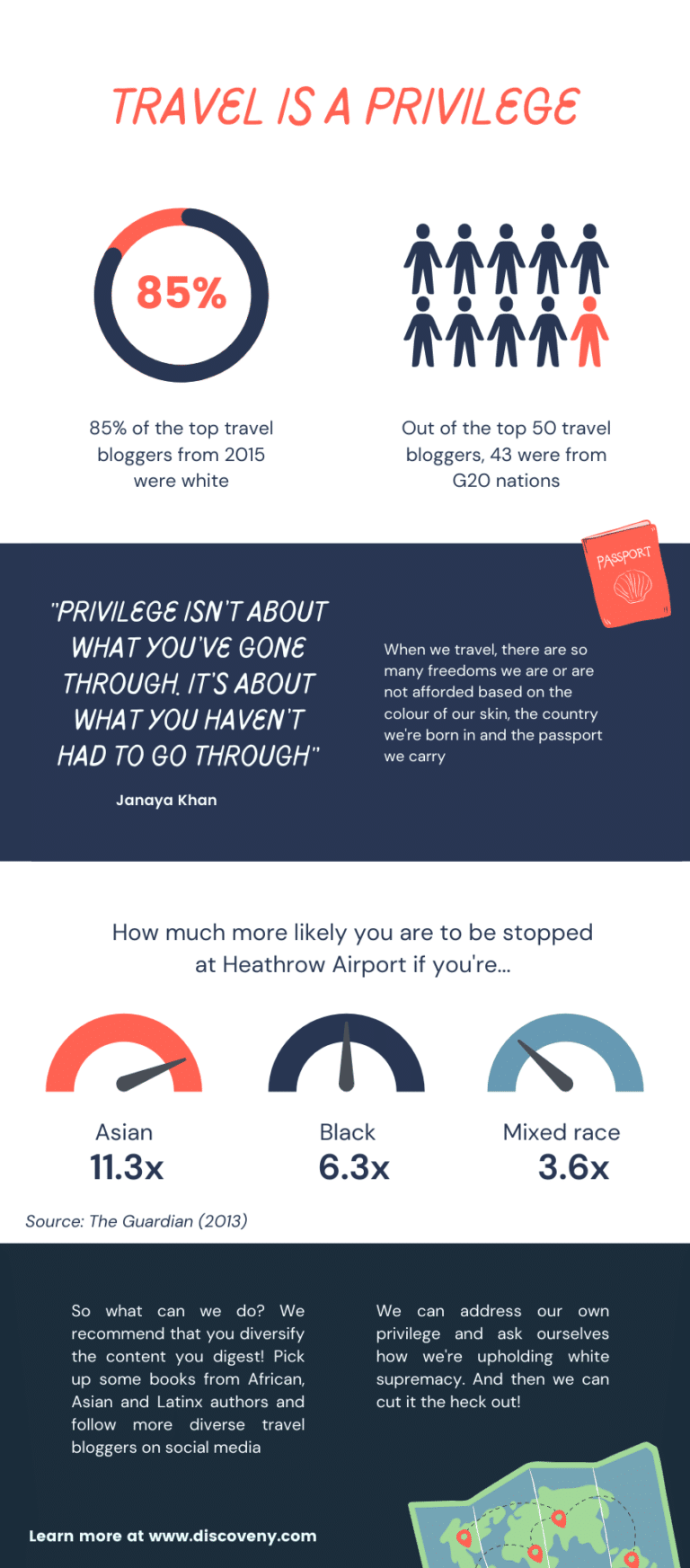
Changing the Privilege Narrative in the Travel Industry
White privilege within the travelsphere isn’t a novel concept and I’m sure there are others that can articulate this better than me. One person isn’t going to change the narrative after all. But, I hope that people reading this can learn to identify and deal with their white privilege.
I am tired of seeing young, white westerners busking and begging on city streets in Hanoi in the hopes that locals will fund their gap year when the average Vietnamese salary is $148/month. I’m sick of travel influencers proclaiming that everyone should just quit their jobs, start an online business and live the digital nomad life, ‘earning a six figure salary to teach others to do the same’. It’s exhausting hearing that travel is achievable for everyone if only we just set our mind to it. Because it’s really not.
It’s not just economic privilege holding people back, it’s racial privilege too. Our racial privilege allows us to explore the world in relative comfort and safety and this is, in part, due to white supremacy. Travel writers, bloggers and influencers need to stop shaming people who don’t (or can’t) travel, instead focusing on inclusivity and diversity. Here are my favourite ways to help change the privilege narrative in the travel industry:
Educate yourself:
Diversify the content you engage with
I’m privileged to be a white travel blogger in a space that is largely dominated by white people. I’m not an outlier in my own field. I don’t have to worry about being a representative for my race or paving the way for people who look ‘like me’.
Contrary to popular belief, I don’t believe travel blogging is saturated at all. It’s just saturated with a certain demographic and needs more diversity. We recommend examining who you follow on social media and in the blogosphere. What percentage are white and western? If you’re looking to diversify the content you digest, here are some of our favourite travel bloggers that don’t fit the stereotypes.
Media personality, journalist, and keynote speaker Oneika Raymond is a bona fide travel junkie, her adventures have taken her to over 115 countries on 6 continents. Check out this informative article about what being black abroad means to her.
Baaba Amoh-Barimaha is a “Ghanaian millennial with a 9 to 5 day job; and a passion to travel the world and experience all that culture and diversity has to offer. In love with her roots, these stories shine a light on West Africa where she calls home”
Dann Castillo is a Mexican solo female traveller. She spent two years travelling around Europe and volunteering in hostels. So far she’s been to 19 countries over two continents. She now lives in Edinburgh and believes that nothing beats a good book and a hot cup of tea.
Thuha Nguyen is an advocate for conscious and sustainable travel. Her adventures have taken her all over the world, visiting some weird and wonderful places. Currently based in Sweden, Thuha runs the ‘Women of the World’ facebook group and podcast – go check them out on Spotify!
Settle down with a good podcast
Not much of a reader? Why not listen to the Women of the World Podcast whilst you’re at home or on the go. This podcast aims to diversify the travel narrative and amplify the voices of non-caucasian travellers! We think it’s well worth a listen!
Unlearning White Supremacy
Unlearning white supremacy is really, really hard because it is basically hard-wired into us from childhood. But that shouldn’t stop us from trying. It’s not enough to not be racist, we have to be anti-racist, and unless we’re actively addressing our part, we’re upholding white supremacy.
There can be a lot of guilt, anger, and resentment that comes with confronting our involvement. And hey, I get it. It is a lot to process. And we will inevitably make mistakes, say the wrong things, get called out on it and feel uncomfortable (which reminds me, if i’ve said something here that isn’t quite right, don’t shy away from calling me out!)
We shouldn’t use discomfort as an excuse to not have the conversation. We need to have this conversation. And we need to have it now. We all need to get accustomed to being uncomfortable so we can grow, learn, and make change happen.
Disclaimer: The information and advice provided in this blog are the author’s opinions and based on their personal experiences. All information was accurate at the time of writing. However, things can change quickly, so always double-check current conditions and guidelines before setting out. Remember, your travels and safety are your own responsibility, and this blog can not be held responsible for anything that might happen on your adventures! Always exercise caution and good judgment. Oh, and don’t forget to get travel insurance! Happy travels!
This post may contain affiliate links (yay for transparency!) This means that I will earn a small commission, at no additional cost to you, if you click the link and choose to buy the product. I only link to stuff I have personally bought and found useful and never endorse crap. Your support helps keep the site going, thank you!
Alice
Alice is a UK travel blogger who advocates sustainable travel and being more eco-conscious on a budget. She loves coffee, her houseplants and summiting mountains.
You May Also Like
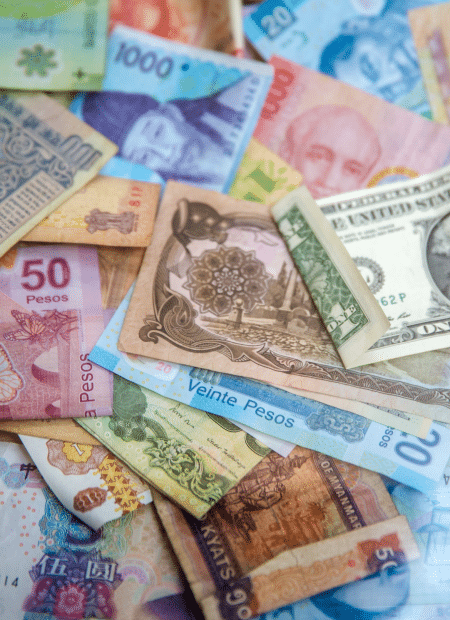
Tourism Leakage: 5 ways to support local economies on your next trip
August 28, 2021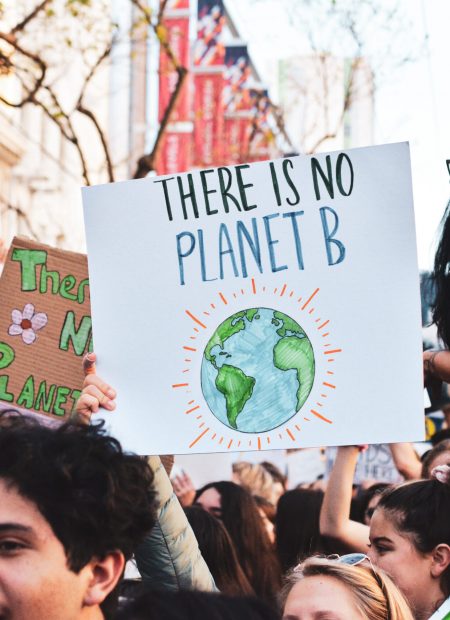
Voluntourism: Does it do more harm than good?
November 24, 2023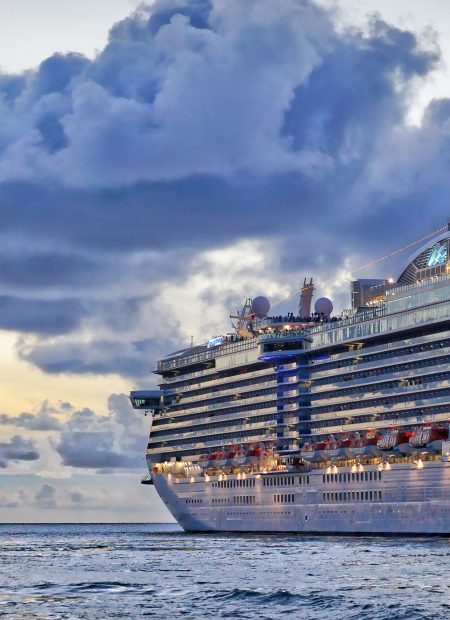



2 Comments
Rachel
Hi Alice, it’s Rachel, wow what beautifully written blog and a very important, it goes direct to the point .
This is an issue that has been affected me greatly when being in IG and makes me want to quit, because I was already exposed to this when crossing other people but there is very present. So many Microagressions, when people refer to “poor countries “ I am Guatemalan too and hate that, as misery and feeling so privileged over and over of being born in a rich country (yet forget so that there are people that have no access to travel everywhere). Often when the microagressions happens and people diminish it to “it’s just travel style “ I have have to often remind people where I come from and why my insight. That what you said : “No one treats me like an animal in a zoo.” What irks it’s those privileged people talking about local people on IG as if they are animals in a zoo. Including the promotion of the white savior , “my money helps the community “ even though I don’t care about their environment, impact of mass tourism and even during covid19 traveling to “poor countries “.
Also yes while traveling I have been profiled and it’s a terrible feeling even as a little lighter skin Latin American (that already have a US passport ) I have been racially profiled too. And it’s a terrible feeling when entering the UK immigration officer wanted to see all my passport stamps from all countries I have visited to show that I had traveled , I had a brand new passport so I was lucky to have pictures of my stamps in my phone , in Australia while traveling with some Germans blue eyed , blonde at a supermarket they had big purses compared to mine and cashier called security without no reason to get only my purse looked at I was like ok I made no gestures or anything that I am stealing let me just take out my camera , go pro cellphone. And I have many more.
And not only that but IG is full of that the microagressions and the promotion of such see so many patterns specially when I also have brought topics like respecting locals , not counting countries rather travel slow and etc , always with excuses or even bit of dismissal behavior , unfollows , stop talking to me, etc specially when explaining views as someone have grown and have family in one of those “third world countries “ they can’t stop saying how lucky and fortunate they aren’t to not haven’t grown there 🙄, and the pattern that comes across so privileged, & the pattern that many are white.
Thank you for writing this .. and bringing up these issues.
Alice
Hi Rachel, thank you for your comment. Firstly, I am so sorry to hear that you experience microaggressions and racial profiling whilst travelling and in the online space. This is EXACTLY why the ‘travel narrative’ needs to be challenged and diversified. The Instagram Travel Community (whilst it can be a wonderful and uplifting place if you find the right crowd) has so many problems, I completely agree. The white saviorism irks me too, when people travel to economically poorer countries and act in atrocious ways, using local people and children to fuel their own popularity online. And the worst bit is that their followers lap it up, these individuals rarely get called out.
I love what you are doing and I think it’s so important to have these conversations about respect, slow travel, our environment and our impact. If people want to sick their head in the sand, that’s not something we can change, but the more we have these conversations and lead by example, the more people will start to follow and travel better.
For anyone who wants to follow Rachel’s adventures, you can find her blog here: https://trailofthewanderlust.wordpress.com/home/